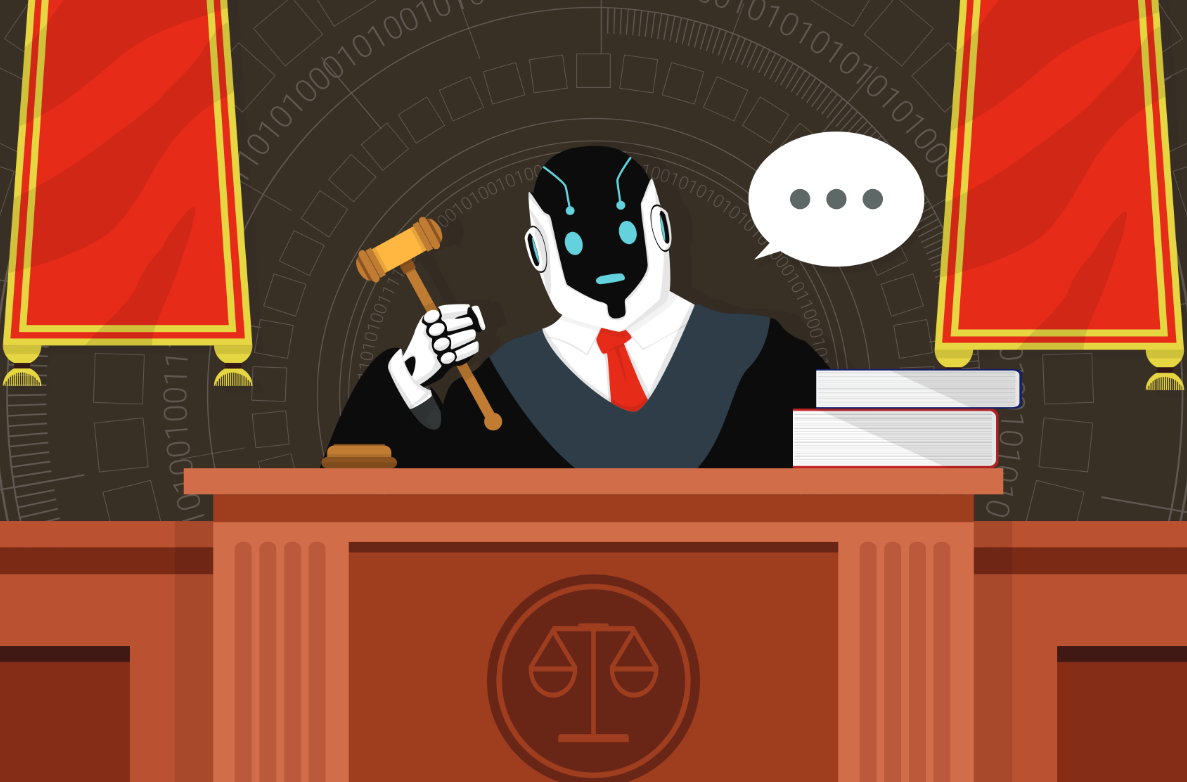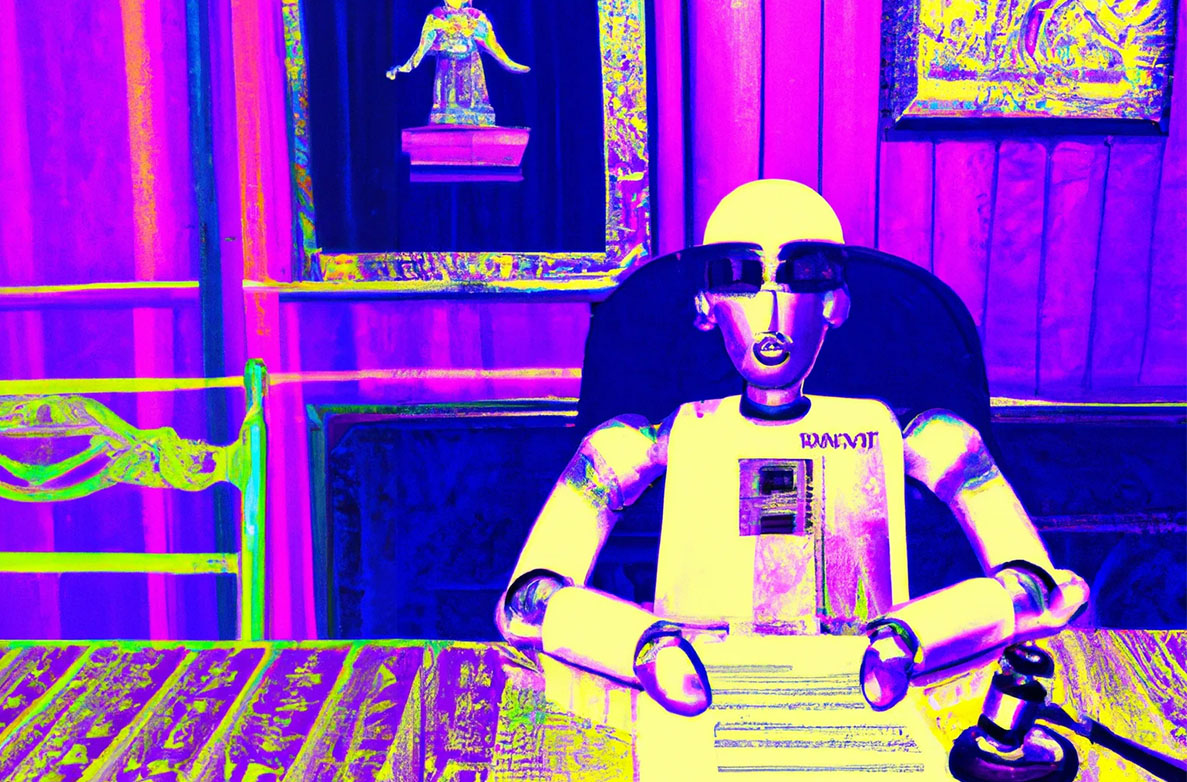AI 3 years ago
Artificial Intelligence and the Judicial Decision-making Process
The hybrid conjunction of the mathematical and statistical advantage offered by AI systems in the hands of an experienced judge might come together to grant favourable results

At no point in the near future, or even a distant one for that matter, will Artificial Intelligence ever completely make up to the instinct and comprehension of a qualified and experienced judge. But the hybrid conjunction of the mathematical and statistical advantage offered by AI systems along with the humanistic and experienced mind of a judge might come together to grant favourable results. While predictive analysis merely guides the process with a large degree of accuracy and transparency, the final decision will forever remain in the human and perceptive hands of the judge.
The role that current and future technologies would play within the justice system are moderated by the strict parameters that are in place and that govern the decisions Artificial Intelligence is allowed to guide. The most ideal use of Artificial Intelligence in justice are pertinent to instances that are routine or repetitive in nature – granting a higher degree of transparency and inducing a more proficient level of deftness into the whole process. AI applications are also effective in cases of efficient document management.
The most intriguing aspect of AI is that it is absolutely free of any human bias – which we have learnt in recent times is both an advantage and disadvantage. While machine learning and automated systems might make the process easier and more accessible to the general public, who in most cases are daunted at the thought of legal proceedings; it is a widely accepted truth that the decision-making capacities ultimately rest within the hands of the practitioners and experts.
In the battle of man (judge) versus robot (artificial intelligence), man shall always hold the upper hand. The AI systems are present merely to act as guides that enhance the productivity of professionals, to simply aid in the decision-making process and not make the decisions. It is quite simply not the case where a technological tsunami would one day engulf the human element. Artificial Intelligence is being developed merely to be a guide and to support the judge’s decision-making process, streamline the process, make it more accessible and equitable.



